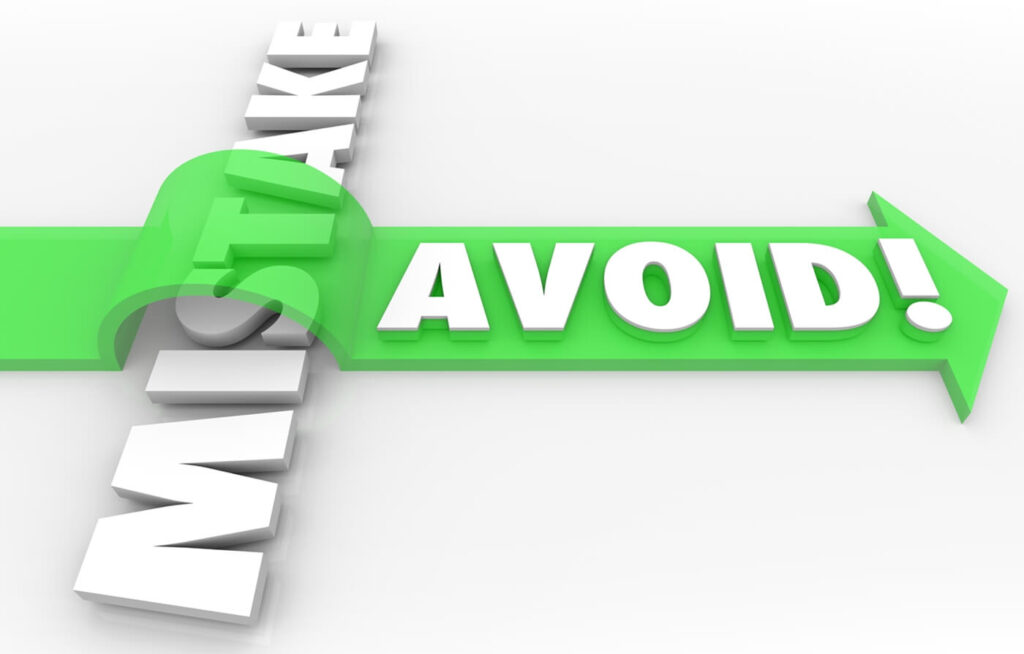Link building is an essential part of any Search Engine Optimisation (SEO) strategy, but how exactly does it work? In this comprehensive guide, we’ll break down the basics of link building, explain what it is and why it matters, and provide tips on how to get started. Read on to learn how to leverage the power of links for better search engine rankings, improved website traffic, and higher conversions.
What is Link Building, and Why is it Important?
Link building is the process of acquiring links from other websites to your own. The more quality links you have pointing to your website, the higher its Domain Authority (DA) will be, which will help your site rank better in search engine results pages (SERPs) like Google and Bing.
There are many benefits of link building, such as:
- It helps improve your website’s visibility and organic search traffic
- It can help improve your website’s Authority inside your niche
- It can help increase brand awareness
- It can lead to more sales and conversions
What To Consider When Creating Your SEO Link Building Strategy
Link authority is one of the most important factors in determining your website’s ranking in search engine results pages (SERPs). The higher your link authority, the more likely you are to rank well for competitive keywords.
There are a few key things to keep in mind when building links to improve your link authority:
Quality over quantity
A few high-quality links from reputable sources in your niche will do more to improve your search engine rankings than a large number of low-quality links.
To build quality links, focus on creating relationships with other websites and bloggers in your niche. Guest blogging, forum commenting, and social media engagement are all great ways to get your name out there and attract high-quality links.
Anchor text
The anchor text is the text that is clickable on a link. When building links, use keyword-rich anchor text so that search engines can more easily identify what your page is about.
When it comes to SEO and link building, anchor text can be a make-or-break factor. If you want your website and links to rank well in search engine results pages (SERPs), it’s important to choose your anchor text carefully. Here are some things to consider when creating your SEO link building strategy:
- Keywords: When selecting anchor text for your links, choose keywords that are relevant to the page you’re linking to. This will help improve your website’s search engine optimization (SEO).
- Link Placement: Make sure the anchor text appears in a prominent location on the page, such as near the top or in the body of the text. This will make it more likely that users will actually click on the link.
- Linking Context: The context surrounding the anchor text can also influence its effectiveness. For example, if you’re linking to an article about SEO, including the anchor text “SEO Tips” in a blog post about marketing would be more effective than if the same anchor text was used in a blog post about gardening.
Link diversity

In order to create a successful link building strategy, you need to consider link diversity. This means that you should have links coming from a variety of sources, not just from one or two. The more diverse your link profile is, the more likely it is that your website will rank high in search engine results pages.
There are a few different ways to create link diversity:
- Use different types of links
Links from a variety of different sources (e.g., social media, guest blogging, directories) will be more valuable than links from just one source.
- Link to a variety of pages on your website.
Linking to different pages on your website helps show Google that your website is comprehensive and authoritative.
Dofollow vs Nofollow
Follow links are the most important type of link as they pass along link juice, and they tell search engines that they should count the link as a quality vote for your website, helping improve your site’s search engine rankings.
Nofollow links, on the other hand, tell search engines not to count the link but are also important as they still offer some value either by providing referral traffic to your website or simply by adding a more “natural” look to your link profile as it’s unnatural for a site to organically only receive dofollow links, so make sure to include both types of links in your strategy so that you’re covering all your bases.
Valuable content
One of the best ways to attract links is by creating great content that others will want to link to. Make sure your website features quality articles, infographics, videos, etc., that offer value to users.
Common Mistakes to Avoid

There are a few common mistakes that people make when doing link building, which can ultimately hurt their chances of success. Here are some to avoid:
- Not Researching the Link Target: It’s important to know whom you’re trying to link to. What is their website about? Who is their target audience? What kind of links do they already have? Answering these questions will give you a better idea of what kinds of links would be most beneficial for them and, therefore, more likely to be successful.
- Not Diversifying Link Sources: Getting links from a variety of different sources is important for two reasons. First, it helps to ensure that your link building efforts are not easily detectable by search engines. Second, it helps to build up your credibility and improve your chances of getting more quality links.
- Focusing on Quantity Over Quality: As stated above, it’s better to have a few high-quality links than a ton of low-quality ones. Not all links are created equal, and search engines know this. So, focus on getting fewer, high-quality links instead of lots of low-quality and spammy links that might do more harm than good.
- Ignoring Link Relevancy: The relevance of a link is determined by the topic of the site it’s coming from as well as the anchor text used (the text that’s clickable). A relevant link is much more valuable than an irrelevant one.
- Not Regularly monitoring and removing bad links: It is important to regularly monitor your links and remove any that are spammy or no longer working using the Disavow Tool on Google Search Console.
Conclusion
Link building is a complex process that requires time, patience, and skill, but when done right can have a tremendous impact on your website traffic. We hope this guide has been helpful in introducing you to link building and its importance for your website’s success.
If you are interested in working with one of the leading SEO Agencies in Dublin, contact us today!








